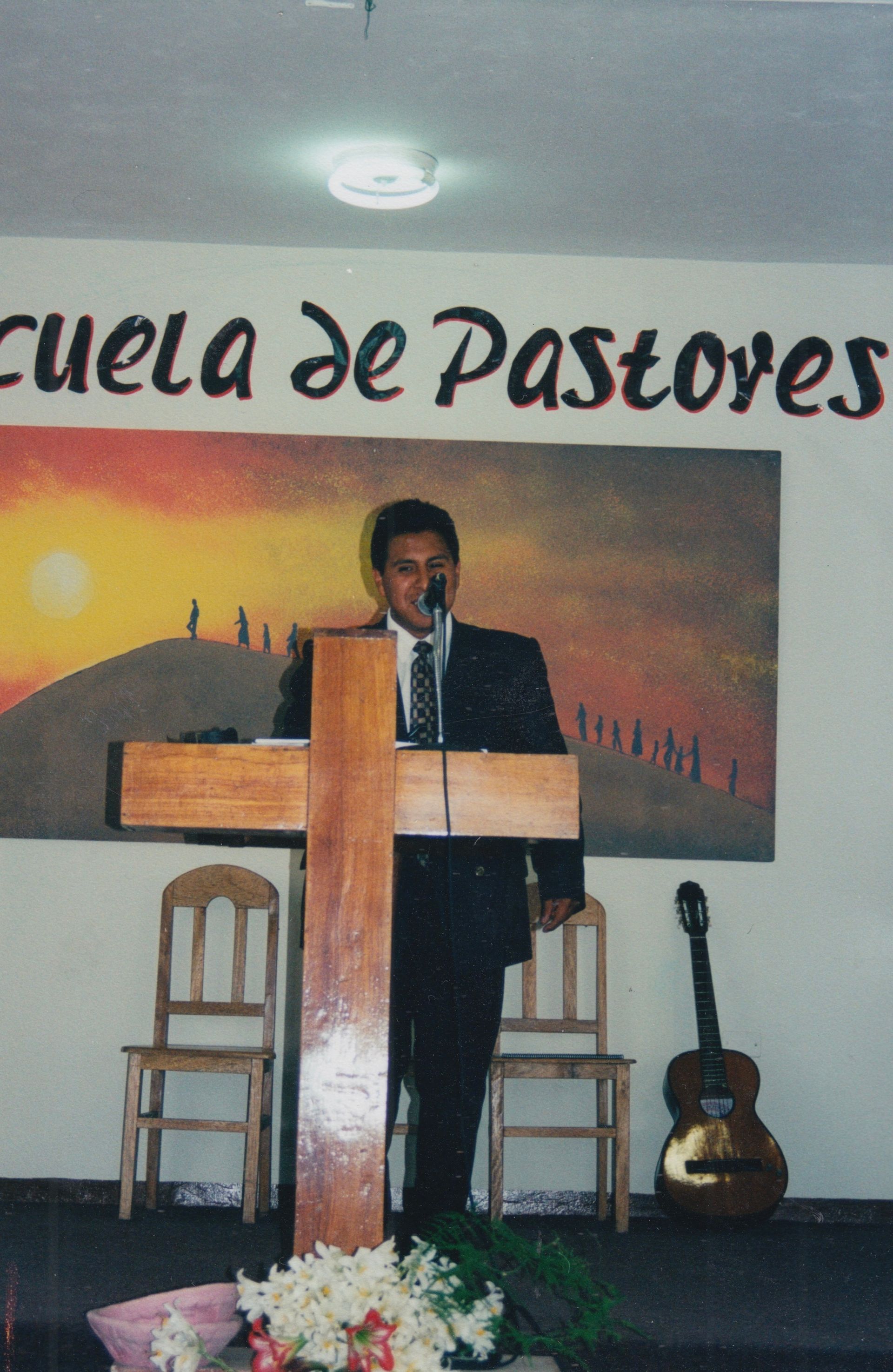Your Last Sermon had too much in it! by Charles Spurgeon
One thought fixed on the mind will be better than fifty thoughts made to flit across the ear.

Believing my next remark to be almost universally unneeded, I bring it forward with diffidence—do not overload a sermon with too much matter. All truth is not to be comprised in one discourse. Sermons are not to be bodies of divinity. There is such a thing as having too much to say, and saying it till hearers are sent home loathing rather than longing. An old minister walking with a young preacher, pointed to a cornfield, and observed, “Your last sermon had too much in it, and it was not clear enough, or sufficiently well-arranged; it was like that field of wheat, it contained much crude food, but none fit for use. You should make your sermons like a loaf of bread, fit for eating, and in convenient form.” It is to be feared that human heads (speaking phrenologically) are not so capacious for theology as they once were, for our forefathers rejoiced in sixteen ounces of divinity, undiluted and unadorned, and could continue receiving it for three or four hours at a stretch, but our more degenerate, or perhaps more busy, generation requires about an ounce of doctrine at a time, and that must be the concentrated extract or essential oil, rather than the entire substance of divinity. We must in these times say a great deal in a few words, but not too much, nor with too much amplification. One thought fixed on the mind will be better than fifty thoughts made to flit across the ear. One tenpenny nail driven home and clenched will be more useful than a score of tin-tacks loosely fixed, to be pulled out again in an hour.
C. H. Spurgeon, Lectures to My Students: A Selection from Addresses Delivered to the Students of the Pastors’ College, Metropolitan Tabernacle., vol. 1 (London: Passmore and Alabaster, 1875), 80.











